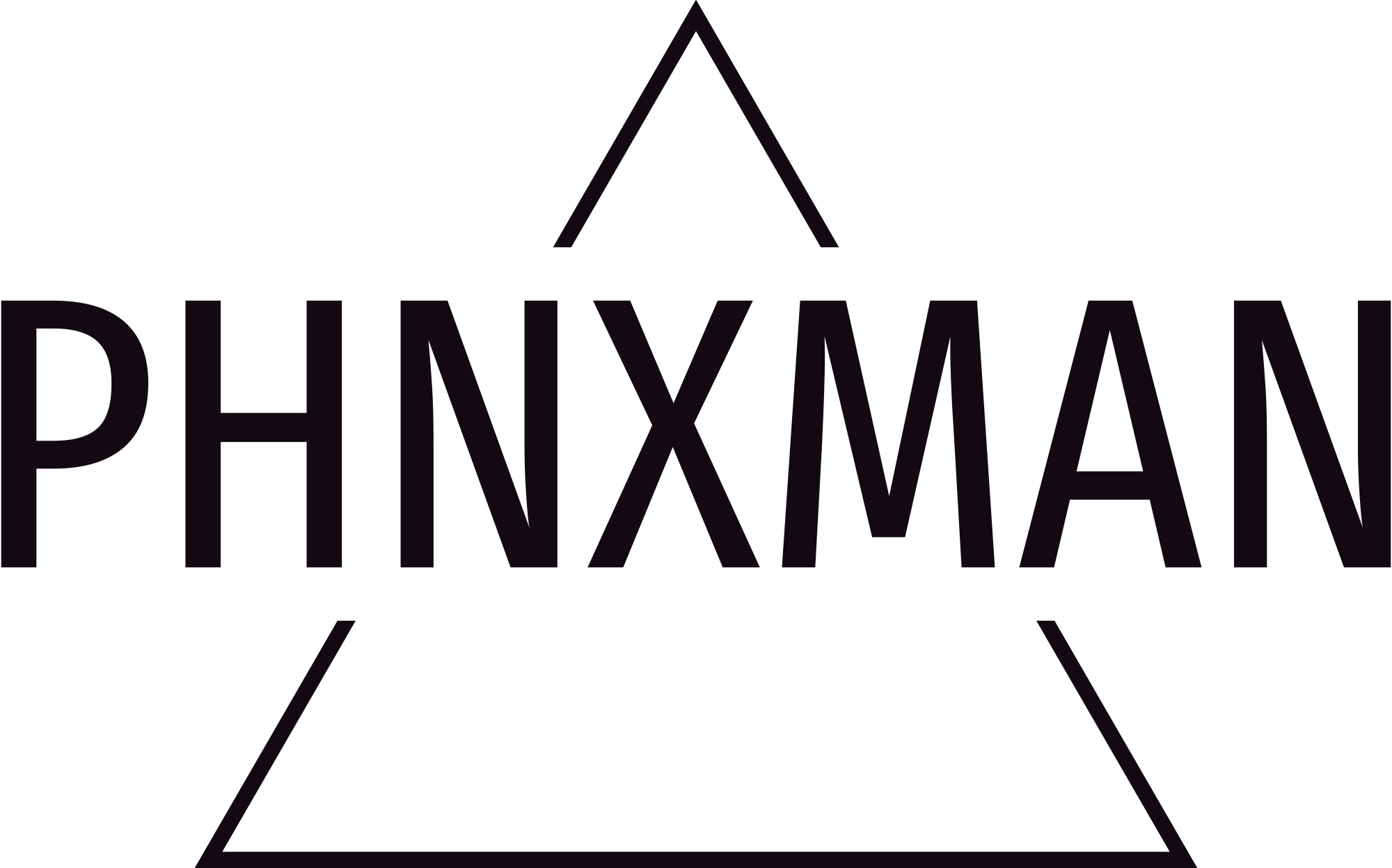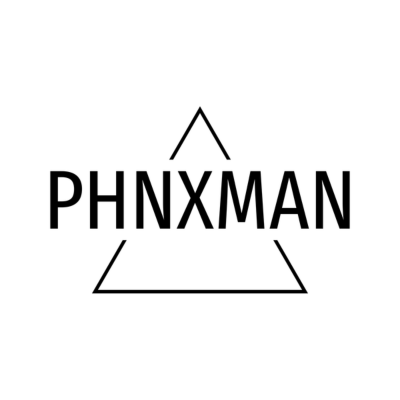Embarking on a journey of self-discovery can be a daunting task, but it can also be one of the most rewarding experiences of your life. This journey involves exploring your inner self, discovering your true passions, and understanding what drives you. It requires you to be honest with yourself, to confront your fears and weaknesses, and to embrace your strengths and talents.
The process of self-discovery is not a one-size-fits-all approach. It is a journey that is unique to each individual, and it can take time and patience to uncover your true self. However, there are tools and techniques that can help you along the way, such as journaling, meditation, and therapy. These tools can help you gain clarity and perspective, and they can provide you with the support and guidance you need to navigate your journey.
Ultimately, the journey of self-discovery is about uncovering your true self and embracing personal growth. It is about learning to love and accept yourself for who you are, and it can have a profound impact on your overall well-being. By taking the time to explore your inner self, you can gain a deeper understanding of your values, beliefs, and desires, and you can use this knowledge to create a more fulfilling and meaningful life.
Key Takeaways
- Self-discovery is a unique journey that requires honesty, patience, and self-reflection.
- There are tools and techniques that can help you along the way, such as journaling, meditation, and therapy.
- Embracing personal growth and uncovering your true self can have a profound impact on your overall well-being.
Understanding Self-Discovery
The Meaning of Self-Discovery
Self-discovery is the process of exploring and understanding your own personality, beliefs, values, and emotions. It involves introspection, which means looking inward and reflecting on your thoughts and feelings. Self-discovery is a journey that can help you gain a deeper understanding of yourself, your purpose in life, and your place in the world. It can also help you identify your strengths and weaknesses, and develop a more positive self-image.
The Importance of Self-Discovery
Self-discovery is important because it can lead to greater self-knowledge and self-awareness. When you understand yourself better, you can make more informed decisions about your life and your relationships. You can also develop greater empathy and understanding for others, which can improve your communication and relationships with them. Self-discovery can also help you identify your passions and interests, and pursue a more fulfilling life.
In summary, self-discovery is a journey of understanding yourself better through introspection. It can lead to greater self-knowledge, self-awareness, and a more fulfilling life.
The Process of Self-Discovery
Starting the Journey
Embarking on a journey of self-discovery can be a daunting task, but it can also be one of the most rewarding experiences of your life. The first step is to recognize that you are ready for change and willing to explore your inner self. This can be a difficult realization, but it is essential to begin the process.
One effective way to start your journey is by taking a personal inventory of your strengths, needs, and passions. This will help you understand what drives you and what you need to feel fulfilled. It's also important to identify your comfort zone and recognize when you need to step out of it to experience personal growth.
Navigating Challenges
As you begin your journey, you will encounter challenges that test your patience and confidence. It's important to remember that these challenges are opportunities for growth and learning. Be patient with yourself and trust the process.
One of the biggest challenges you may face is breaking free from limiting beliefs and negative self-talk. This can be a difficult process, but it's essential to recognize and challenge these thoughts to move forward.
Another challenge is navigating relationships with others. As you grow and change, your relationships may shift, and it's important to communicate your needs and boundaries with those around you.
Overall, the process of self-discovery is a journey that requires patience, self-reflection, and a willingness to step outside of your comfort zone. By taking the time to explore your inner self, you can unlock your full potential and live a more fulfilling life.
Tools for Self-Discovery
Self-discovery is a journey that requires a variety of tools to help you explore your inner self. Here are some tools that can help you on your journey:
Journaling and Reflection
Journaling is a powerful tool that can help you gain clarity and insight into your thoughts and emotions. Writing down your thoughts and feelings can help you identify patterns and gain a deeper understanding of yourself. Reflection is also a crucial aspect of self-discovery. Taking time to reflect on your experiences and emotions can help you identify areas of growth and change.
To get started with journaling and reflection, set aside time each day to write down your thoughts and feelings. You can also use prompts to help guide your writing and reflection. Some prompts to consider include:
- What are you grateful for today?
- What are some challenges you faced today, and how did you handle them?
- What are some things you want to work on in the future?
Meditation and Mindfulness
Meditation and mindfulness practices can help you cultivate a deeper sense of self-awareness and inner peace. These practices can help you become more present in the moment and develop a greater understanding of your thoughts and emotions.
To get started with meditation and mindfulness, set aside time each day to sit quietly and focus on your breath. You can also try guided meditations or mindfulness exercises to help you stay present and focused. Some resources to consider include:
- Headspace app
- Calm app
- Insight Timer app
Coaching and Therapy
Coaching and therapy can also be valuable tools for self-discovery. A coach or therapist can provide guidance and support as you explore your inner self and work towards personal growth and development.
When choosing a coach or therapist, it's important to find someone who you feel comfortable with and who has experience working with individuals on a similar journey. Some resources to consider include:
- Psychology Today therapist directory
- International Coach Federation coach directory
Overall, there are many tools that can help you on your journey of self-discovery. By incorporating journaling and reflection, meditation and mindfulness, and coaching and therapy into your routine, you can gain a deeper understanding of yourself and unlock your full potential.
Uncovering Your True Self
To truly discover your authentic self, it is important to take the time to reflect on your values, passions, strengths, and talents. By identifying these aspects of yourself, you can begin to understand what makes you unique and what brings you joy and fulfillment.
Identifying Values and Passions
Start by reflecting on your values and passions. What is most important to you in life? What do you care deeply about? Consider making a list of your top values and passions, and then prioritize them in order of importance. This can help you understand what drives you and what you want to focus on in your life.
Recognizing Strengths and Talents
Next, take some time to recognize your strengths and talents. What are you naturally good at? What do others often compliment you on? Consider making a list of your top strengths and talents, and then think about how you can use these to pursue your passions and live a fulfilling life.
By uncovering your true self and understanding your values, passions, strengths, and talents, you can begin to live a more authentic and fulfilling life. Remember to stay true to yourself and always pursue what brings you joy and fulfillment.
Embracing Personal Growth
When it comes to personal growth, it's important to embrace it as a journey rather than a destination. This means that you should always be open to learning, growing, and evolving as a person. Here are some ways to embrace personal growth:
Setting Personal Goals
One of the best ways to embrace personal growth is by setting personal goals. These goals should be specific, measurable, attainable, relevant, and time-bound. By setting these goals, you give yourself something to work towards and a way to measure your progress.
Breaking Patterns and Habits
Another way to embrace personal growth is by breaking patterns and habits that are holding you back. This can be anything from negative self-talk to unhealthy relationships. By identifying these patterns and habits, you can work towards breaking them and replacing them with healthier ones.
Remember that personal growth is a process and it takes time. Don't be too hard on yourself if you don't see progress right away. Keep working towards your goals and breaking patterns and habits that are holding you back. With time, you will see progress and growth in yourself.
The Role of Relationships in Self-Discovery
Understanding Boundaries
When embarking on a journey of self-discovery, it's important to understand your boundaries. Boundaries are the limits you set for yourself in order to protect your physical, emotional, and mental well-being. They help you to establish healthy relationships with others and yourself. Without boundaries, you can easily lose sight of your true self and become overwhelmed by the needs and expectations of others.
To establish healthy boundaries, you need to identify your personal values and beliefs. You can then use this information to communicate your needs and expectations to others. This can be done by saying "no" when you need to, expressing your feelings, and setting limits on what you are willing to tolerate.
Cultivating Compassion
Compassion is an essential component of self-discovery. It involves being kind to yourself and others, even in difficult situations. When you practice compassion, you are able to see the world from a different perspective and understand the interconnectedness of all things.
To cultivate compassion, you can start by practicing self-compassion. This involves treating yourself with the same kindness and understanding that you would offer to a friend. You can also practice compassion towards others by listening without judgment, offering support and encouragement, and showing empathy.
Forgiveness
Forgiveness is another important aspect of self-discovery. It involves letting go of past hurts and resentments and moving forward with an open heart. Forgiveness is not about forgetting or condoning the actions of others, but rather about releasing the negative emotions that are holding you back.
To practice forgiveness, you can start by acknowledging your feelings and the impact that the situation has had on you. You can then work towards letting go of any anger or resentment and finding a way to move forward. This can involve seeking support from others, practicing self-care, and focusing on the positive aspects of your life.
In conclusion, relationships play a crucial role in self-discovery. By understanding your boundaries, cultivating compassion, and practicing forgiveness, you can establish healthy relationships with others and yourself. This will allow you to grow and evolve as a person and discover your true self.
The Impact of Self-Discovery on Well-Being
Embarking on a journey of self-discovery can have a profound impact on your overall well-being. By taking the time to understand yourself, your strengths and weaknesses, and your values and beliefs, you can gain a greater sense of purpose and direction in life. This, in turn, can lead to improved self-esteem and emotional health.
Boosting Self-Esteem
Self-esteem is a crucial component of well-being. When you have a positive view of yourself, you are more likely to feel confident, capable, and resilient in the face of challenges. Self-discovery can help boost your self-esteem by helping you identify your unique talents, skills, and qualities. By recognizing your strengths, you can feel more confident in your abilities and more empowered to pursue your goals.
Promoting Emotional Health
Emotional health is another key aspect of well-being. When you are emotionally healthy, you are better able to cope with stress, manage your emotions, and maintain positive relationships with others. Self-discovery can promote emotional health by helping you understand your emotions and how they impact your thoughts and behaviors. By gaining insight into your emotional patterns, you can learn to regulate your emotions more effectively and develop healthier coping strategies.
In conclusion, the journey of self-discovery can have a significant impact on your overall well-being. By boosting your self-esteem and promoting emotional health, self-discovery can help you live a more fulfilling and purposeful life.
Conclusion
In your journey of self-discovery, you have explored different aspects of yourself and gained a deeper understanding of who you are. This journey is not a one-time event but a continuous process that requires commitment and effort. By taking the time to reflect on your thoughts, emotions, and behaviors, you can identify areas for improvement and work towards becoming your best self.
Fulfillment comes from living a life that aligns with your values and passions. By being true to yourself, you can find meaning and purpose in your daily activities. Positive psychology emphasizes the importance of focusing on your strengths and cultivating positive emotions. By practicing gratitude, kindness, and mindfulness, you can enhance your well-being and lead a more fulfilling life.
Remember that self-discovery is a personal journey, and there is no one-size-fits-all approach. What works for someone else may not work for you, and that is okay. Be patient and compassionate with yourself as you navigate this process. Embrace the challenges and setbacks as opportunities for growth and learning.
In conclusion, the journey of self-discovery is a lifelong process that requires self-reflection, commitment, and effort. By aligning your life with your values and passions, focusing on your strengths, and cultivating positive emotions, you can become your best self and lead a fulfilling life.








